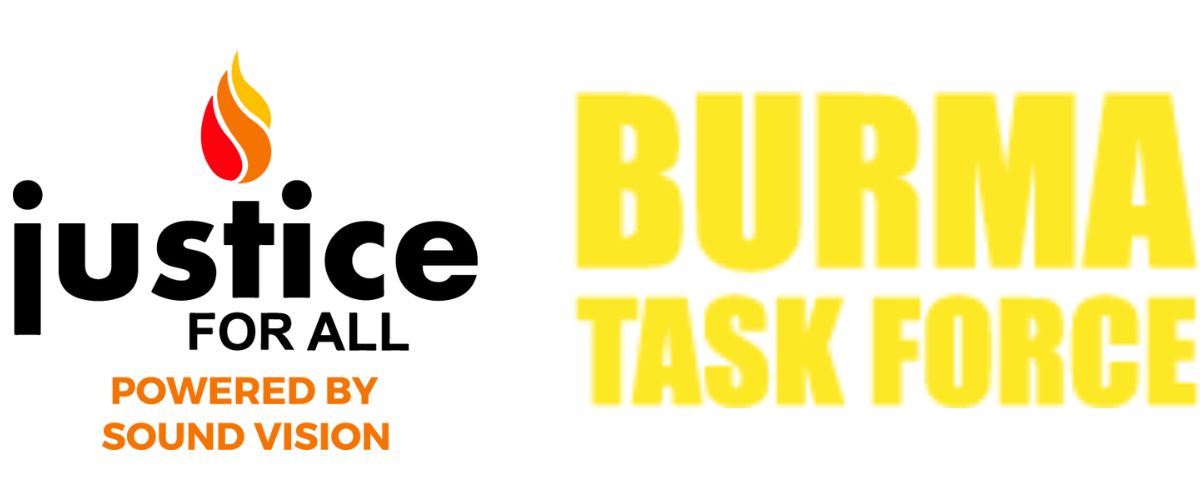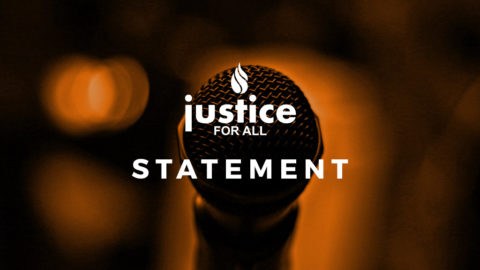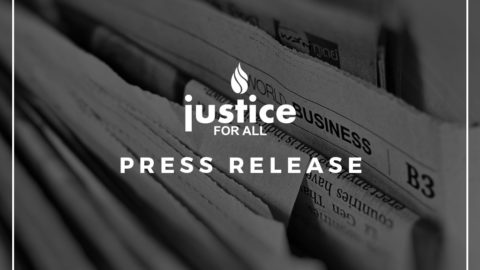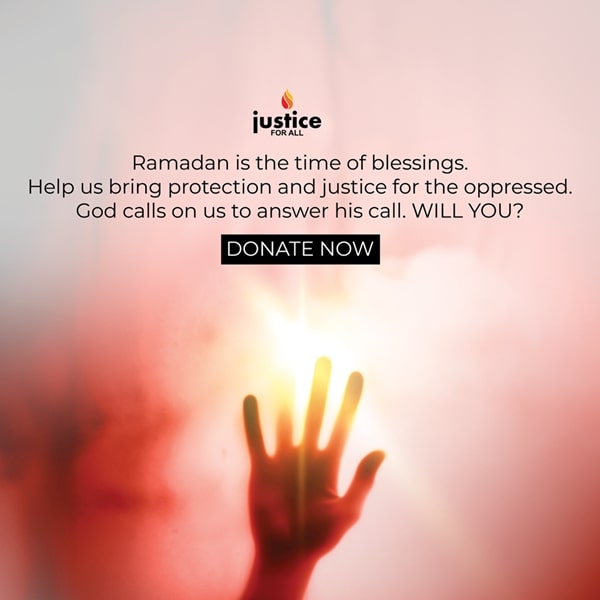Calls for Justice, Reparations and Continued Vigilance Against Modern Forms of Enslavement and Persecution March…
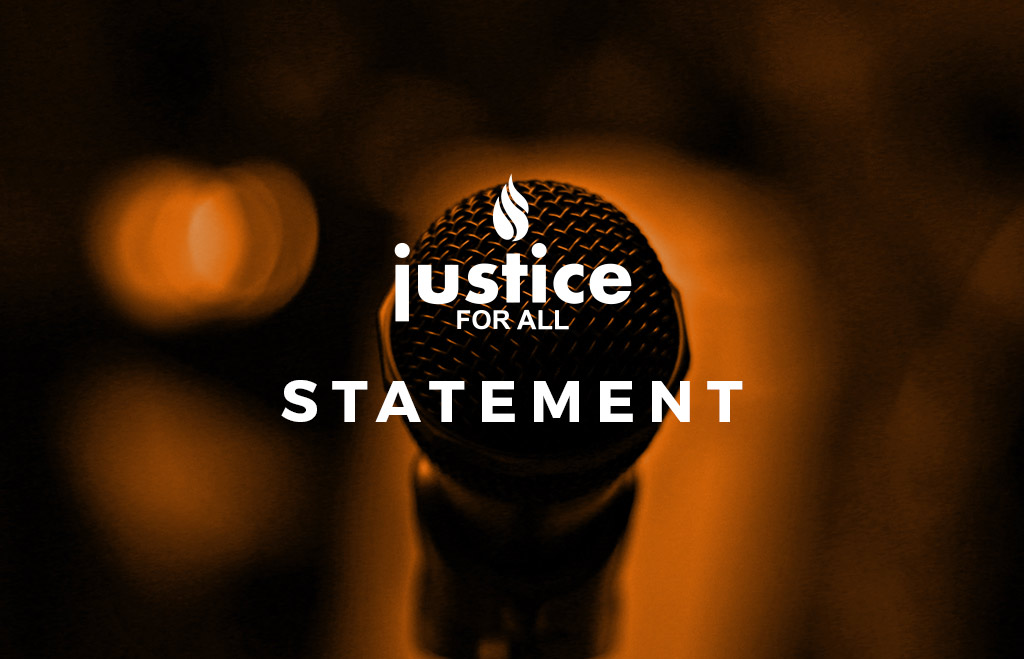
Statement: On the U.S. Withdrawal from the UN Human Rights Council
Justice For All strongly urges the United States to reconsider its withdrawal from the United Nations Human Rights Council (HRC), a move that undermines America’s long-standing leadership in defending religious freedom, democracy, and human rights worldwide. At a time when religious minorities face escalating persecution; from Christians in the Middle East to Uyghurs in China; the absence of U.S. engagement in this global forum weakens our ability to advocate for the fundamental freedoms that define our nation’s values. The leadership of the United States is important, and the US, for that reason, must remain engaged in the Human Rights council.
America’s Role in Defending Religious Freedom and Human Rights
The United States has long been the world’s strongest voice for religious liberty and human rights. The UN Human Rights Council, while not without flaws, is one of the primary platforms where America can directly influence global human rights discussions and hold authoritarian regimes accountable. U.S. participation in the HRC strengthens our ability to:
- Expose religious persecution: The HRC provides an international stage to highlight violations against Christians, Muslims, Jews, and other religious minorities in countries like China, India, and Myanmar.
- Defend prisoners of conscience: U.S. engagement in the HRC has historically contributed to global efforts to free political prisoners, including faith leaders and human rights defenders persecuted for their beliefs.
- Counter authoritarian regimes: The U.S. presence at the Council is crucial in holding nations such as China, Russia, and Iran accountable for widespread human rights abuses, including their suppression of religious minorities and political dissent.
Why U.S. Engagement is Critical
Without the U.S. at the table, the Council’s leadership falls to countries that often oppose American values and seek to silence voices advocating for religious freedom and democratic principles. By stepping away, the U.S. loses its ability to shape the Council’s agenda, push back against biased resolutions, and protect persecuted communities. Senator Marco Rubio, a champion of human rights and religious liberty, has consistently called for a robust U.S. stance against oppressive regimes. The UN Human Rights Council remains a key instrument in this fight.
Justice For All has worked closely with the Council’s independent experts to bring attention to the plight of persecuted Christians, Uyghurs, Rohingya Muslims, and others. We have seen firsthand how sustained engagement at the HRC leads to increased pressure on oppressive governments and, in some cases, real improvements in human rights conditions.
Ensuring American Leadership in Global Human Rights
American leadership in human rights advocacy is not just a moral obligation—it is a strategic imperative. If the U.S. cedes its influence, countries with troubling human rights records will fill the void, reshaping international norms in ways that run counter to American interests. Remaining engaged in multilateral institutions like the HRC allows the U.S. to promote its values, strengthen alliances, and protect religious freedoms on a global scale.
We call on the U.S. government to reassert its leadership in the UN Human Rights Council and stand firm in defending the rights of all people to live, worship, and speak freely. The fight for human dignity is one that America cannot afford to abandon.
